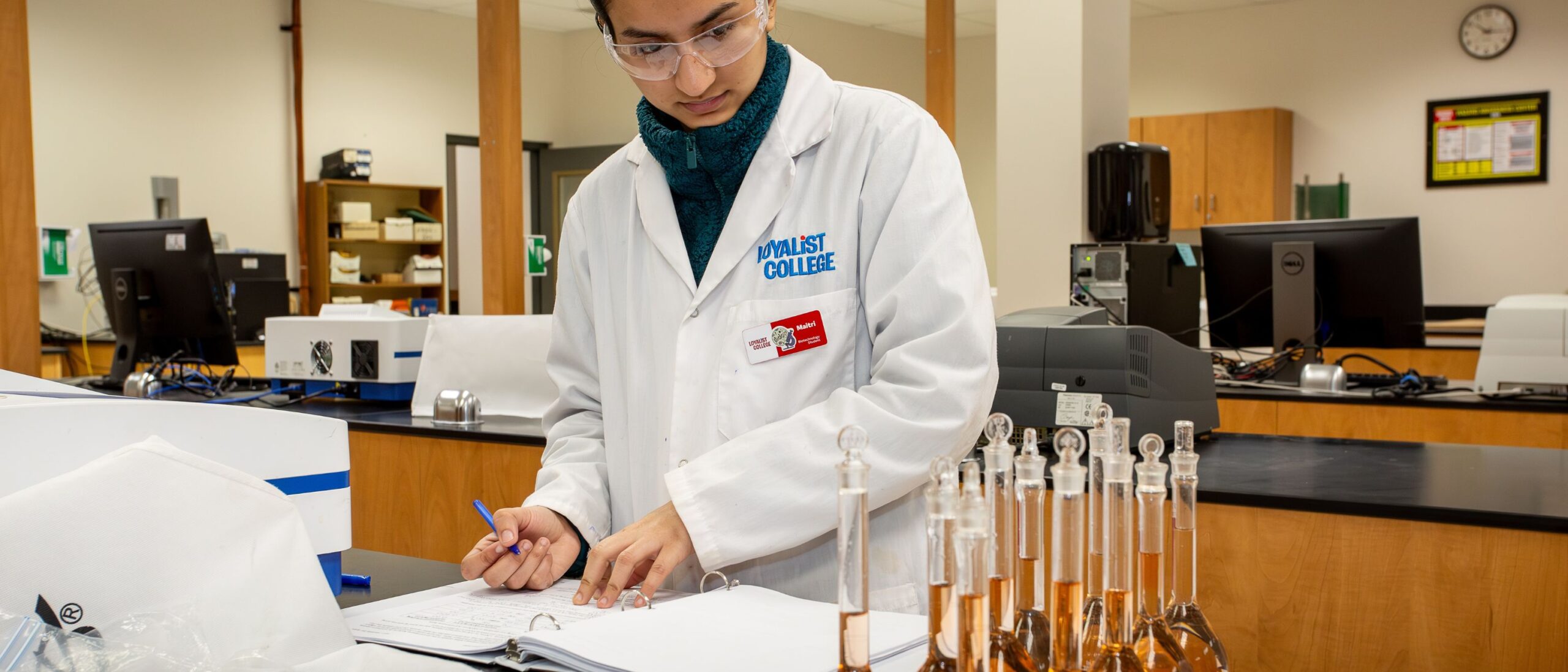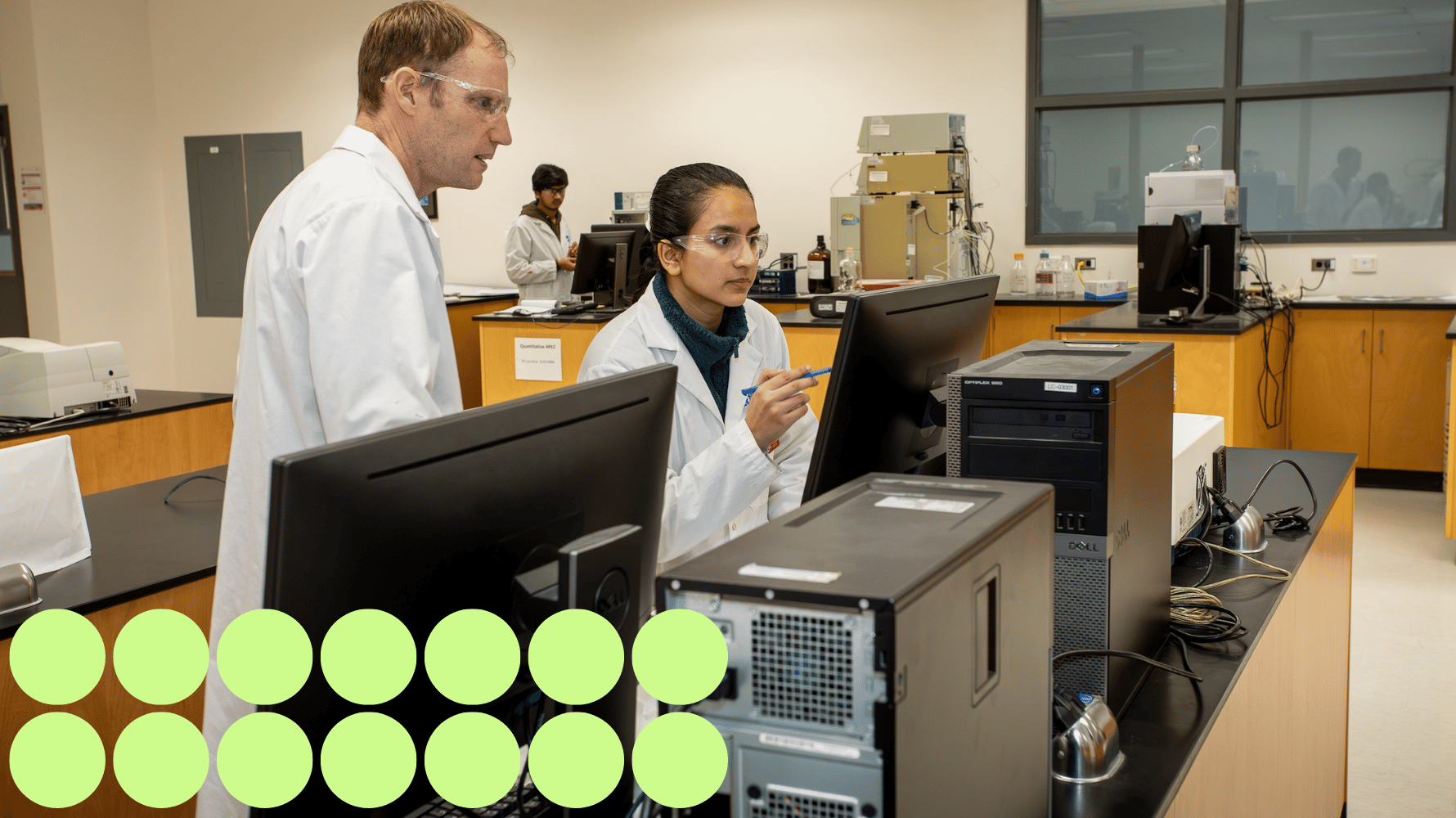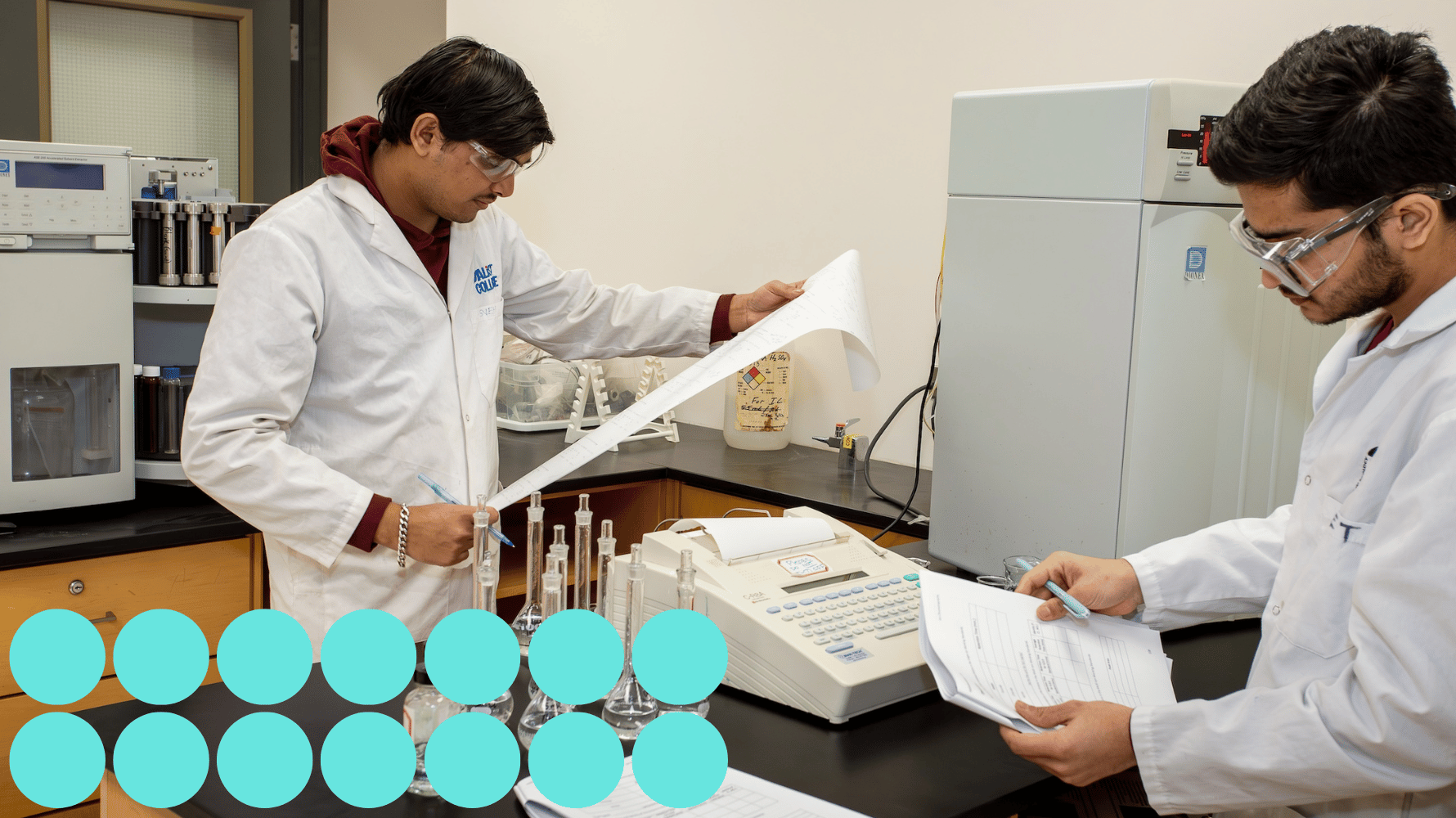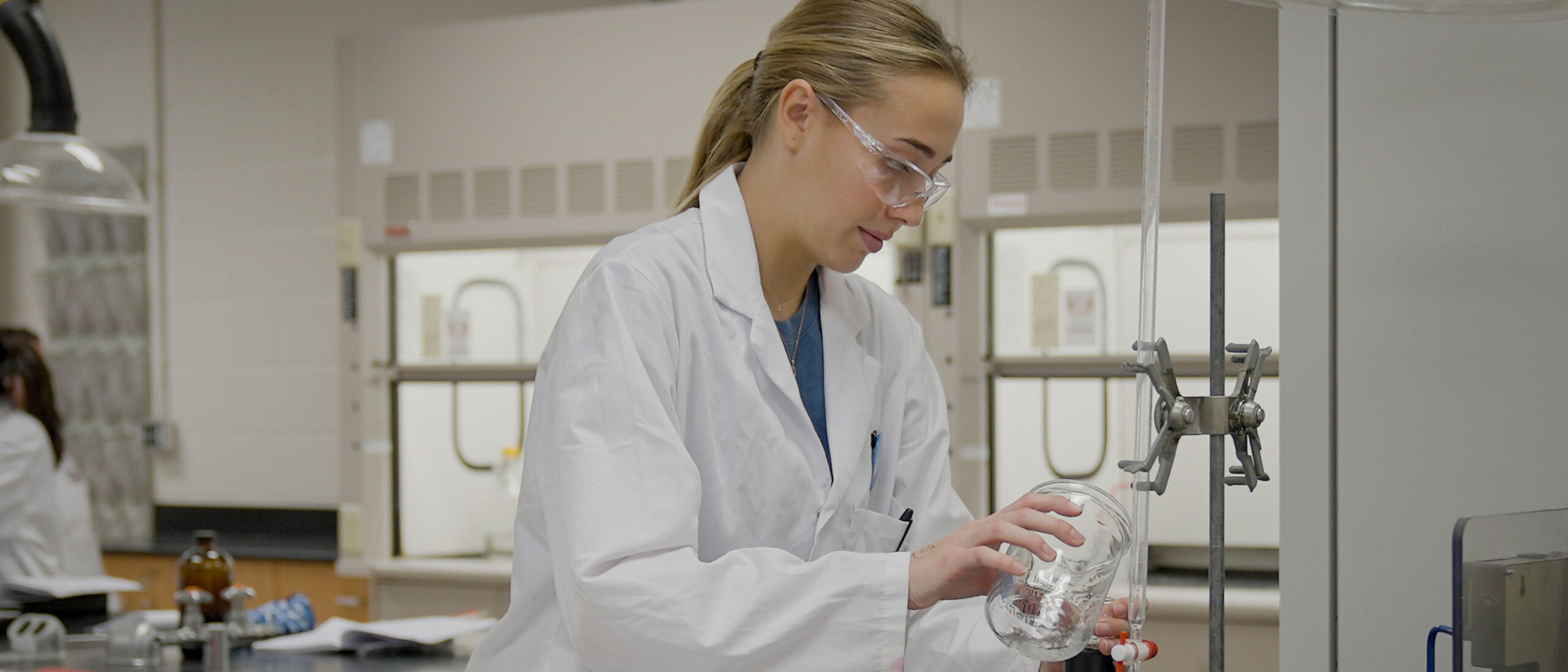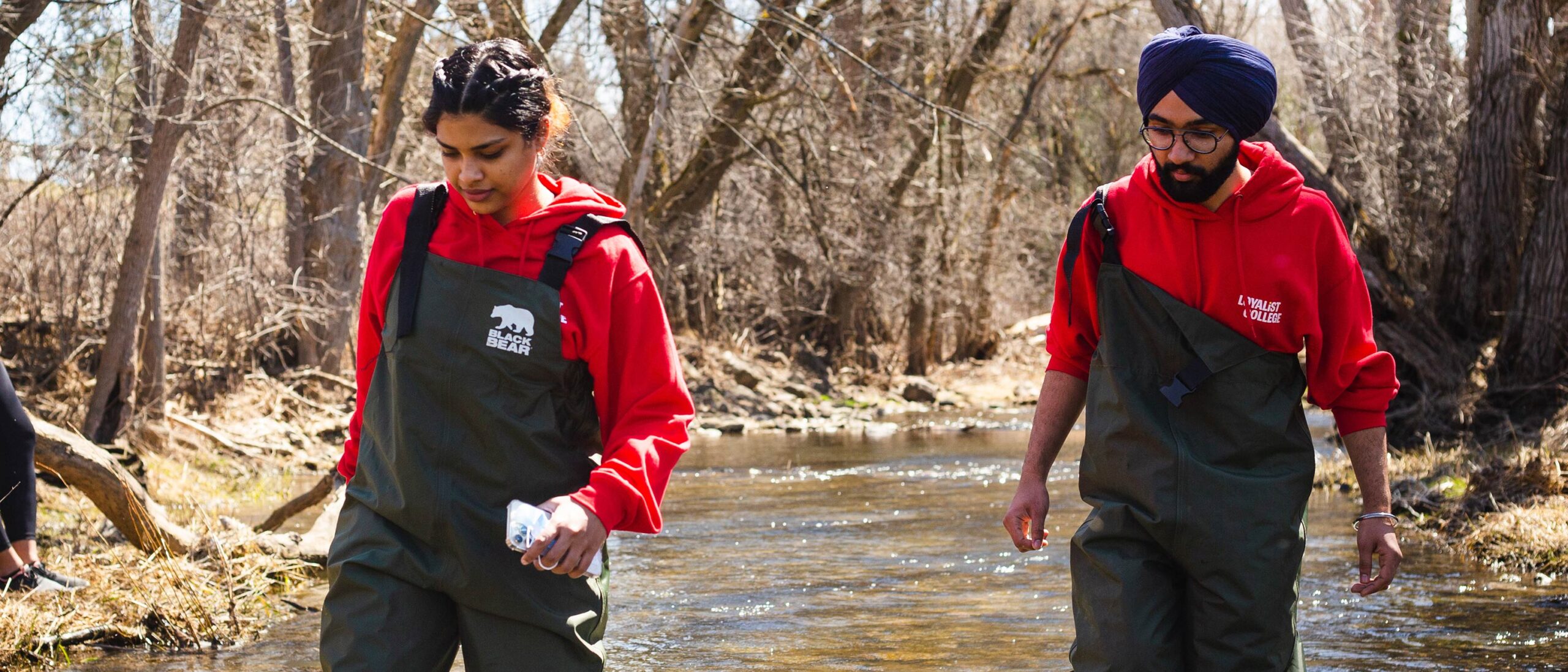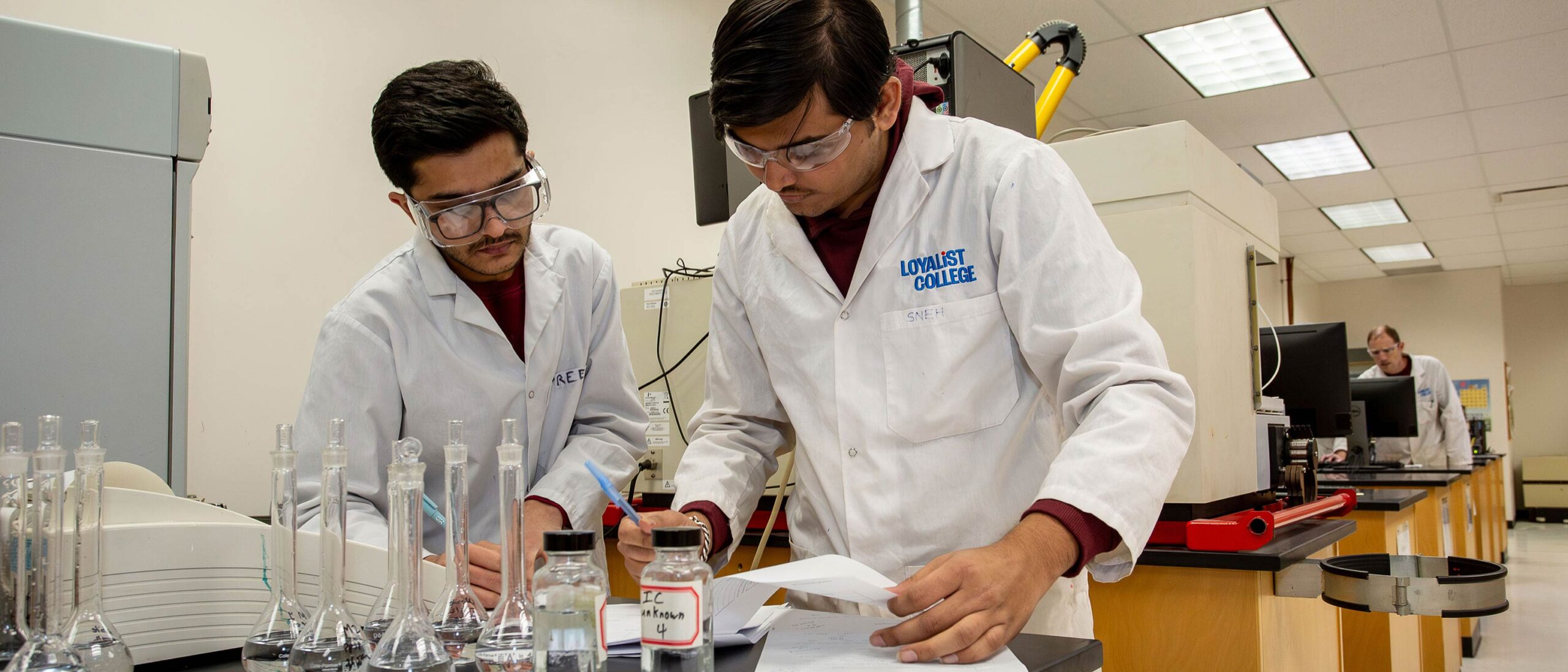Find your career
Chemical engineering technicians and technologists work for:
- Government agencies.
- Educational institutions.
- Industries including food production, pharmaceuticals, petroleum, plastics, pulp and paper, mining, metallurgy and nuclear energy.
Our grads get great jobs
- Plastic Industry Lab Technologist, ABC Group
- Lab Technician, Atomic Energy of Canada Ltd.
- Chemical Lab Technologist, Ontario Clean Water Agency
- Chemical Technologist, Queen’s University
- Quality Control Laboratory Technician, Durabla Canada
Is it for you?
Students who thrive in this program:
- Have a good grounding in math and science.
- Are inquisitive.
- Pay meticulous attention to detail.
- Enjoy working with their hands.

